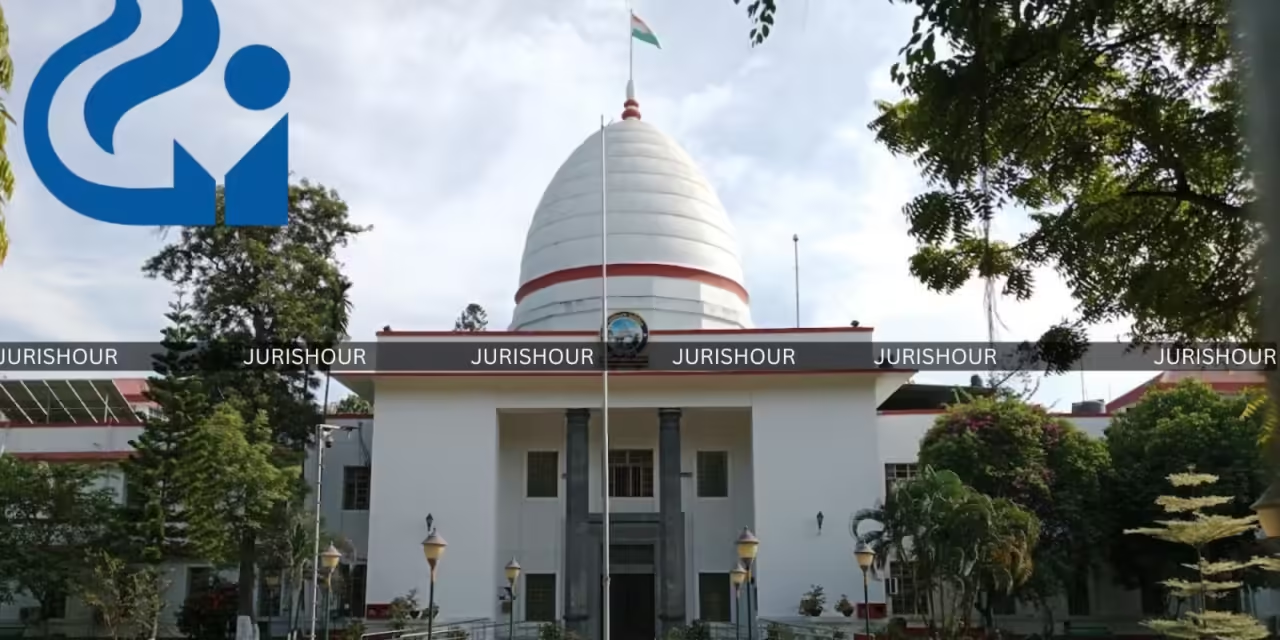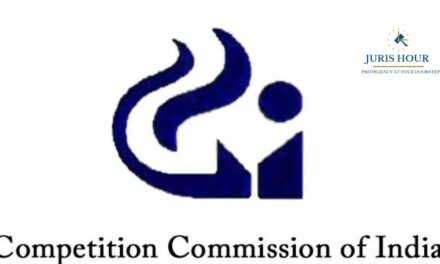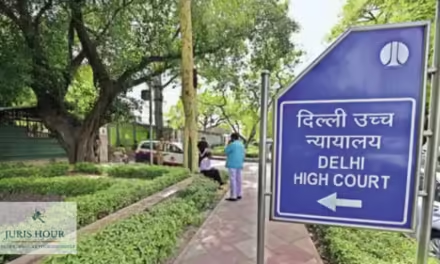The Gauhati High Court has held that the decision of the Competition Commission of India (CCI) in directing investigation without fulfilment of mandatory pre-condition of prima facie anti-competitive agreements and abuse of dominant position was absent was without jurisdiction.
The bench of Justice Kaushik Goswami has observed that the information received does not disclose existence of the prima facie case as regards contravention of the provisions of the Section 3 and 4 of theCompetition Act, 2002 which pertains to anti-competitive agreements and abuse of dominant position respectively, and since the same is a sine qua non for CCI to direct the investigation, the decision of the CCI in directing investigation without fulfilment of the said mandatory pre-condition is totally without jurisdiction and is therefore, null and void.
The petitioner/assessee is a company registered under the provisions of the Companies Act, 1956 and is in the business of manufacturing and selling clinker and cement.
The Assam Real Estate and Developer Association filed information under Section 19(1)(a) of the Competition Act, 2002 before the CCI, alleging that the petitioner company alongwith some other cement manufacturing companies have been indulging in cartelization and abuse of dominants to manipulate the prices of their respective brands of cement in North East Region of India.
A case was registered. On 15.09.2016, similar information was filed under Section 19(1)(b) of the Competition Act, 2002 before the CCI by Rajesh Prasad, IAS, Commissioner & Secretary, Govt. of Assam alleging that three major cement manufacturing companies including that of the petitioner company had been indulging in anti-competitive activities by entering into Anti-Competitive Agreements in contravention of Section 3 of the said Act, 2002. The information was registered.
The CCI in terms of Section 26(1) of the Competition Act, 2002 prima facie formed an opinion that the petitioner company and some other cement manufacturing companies by seeking stifle competition in the market through collusive practices have indulged in anti-competitive activities in violation of the provisions of Section 3(3) read with 3(1) of the Competition Act, 2002. The CCI therefore, under Section 26(1) of the Competition Act, 2002 directed the Director General to cause an investigation into the matters and complete the investigation within a period of 60 days from the date of receipt of the order. During the course of investigation, if involvement of any other party/parties was found, the Director General shall investigate the conduct of such other party/parties and the Director General was also directed to investigate the role, if any, of other persons who were in charge of and were responsible for the alleged conduct of the petitioner or with his consent or connivance, the alleged conduct of the petitioner company took place.
Read More: Every IP Dispute Can’t Be Converted Into Competition Dispute: Delhi High Court
After almost one year since the order was passed, the Joint Director General issued a Notice under Section 36 (2) read with Section 41(2) of the Competition Act, 2002. The petitioner company was directed to furnish various information as called for in the said notice. The Order however was not furnished to the petitioner company, despite it is said to have been annexed with the notice.
The petitioner company requested the CCI to provide with additional details and till date the said details are not furnished, the timeline for submission of the requisite information be extended.
The petitioner company was served with the impugned Order dated 06.12.2016 passed by the CCI. The petitioner company filed an application for review and recall of the said impugned Order dated 06.12.2016 passed by the CCI. The application filed by the petitioner company was heard and the CCI by review Order rejected the application for review/recall.
The order of the CCI rejecting the review application as well as the order of the CCI drawing prima facie opinion against the petitioner company and the order of investigation, the petition under Article 226 of the Constitution of India was filed.
The petitioner contended that the CCI Authorities without existence of a prima facie case as contemplated under Section 3, ordered investigation under Section 19(1). Therefore, it is in total contravention of the provision of the Competition Act, 2002. There has to be first a prima facie finding as regards the existence of the agreement entered into by enterprise or association or person or association of person and thereafter, there has to be a determination as to whether such an agreement is anti-competitive agreement within the meaning of the Competition Act, 2002 and once it is found to be so, other provisions relating to the treatment that needs to be given thereto shall get attracted. Before issuing direction under Section 26(1), the CCI must be of the opinion that there exist a prima facie case and any action taken without the fulfilment of the pre-condition, shall be totally illegal and void ab initio.
The department contended that the writ petition is not maintainable as, the writ petition is premature and the investigation directed by the CCI Authorities is based on a prima facie opinion without involving an adjudicatory process and once the Director General submits the final report, it can be appealed before the National Company Law Appellate Tribunal under Section 53-A of the Competition Act, 2002.
The court while quashing the CCI’s order held that the different prices of all the three bags of cement are indicative of a better competition instead of having an adverse effect of competition. Therefore, the factors could not have a basis for forming an opinion by the CCI about the existence of a prima facie case of the contravention of Section 3(3)(a) and Section 3(3)(b) of the Competition Act, 2002.
Case Title: Star Cement Ltd. Versus CCI
Case No.: WP(C)/6343/2018
Date: 30.08.2024
Counsel For Petitioner: A. Saraf
Counsel For Respondent: T.J. Mahanta











